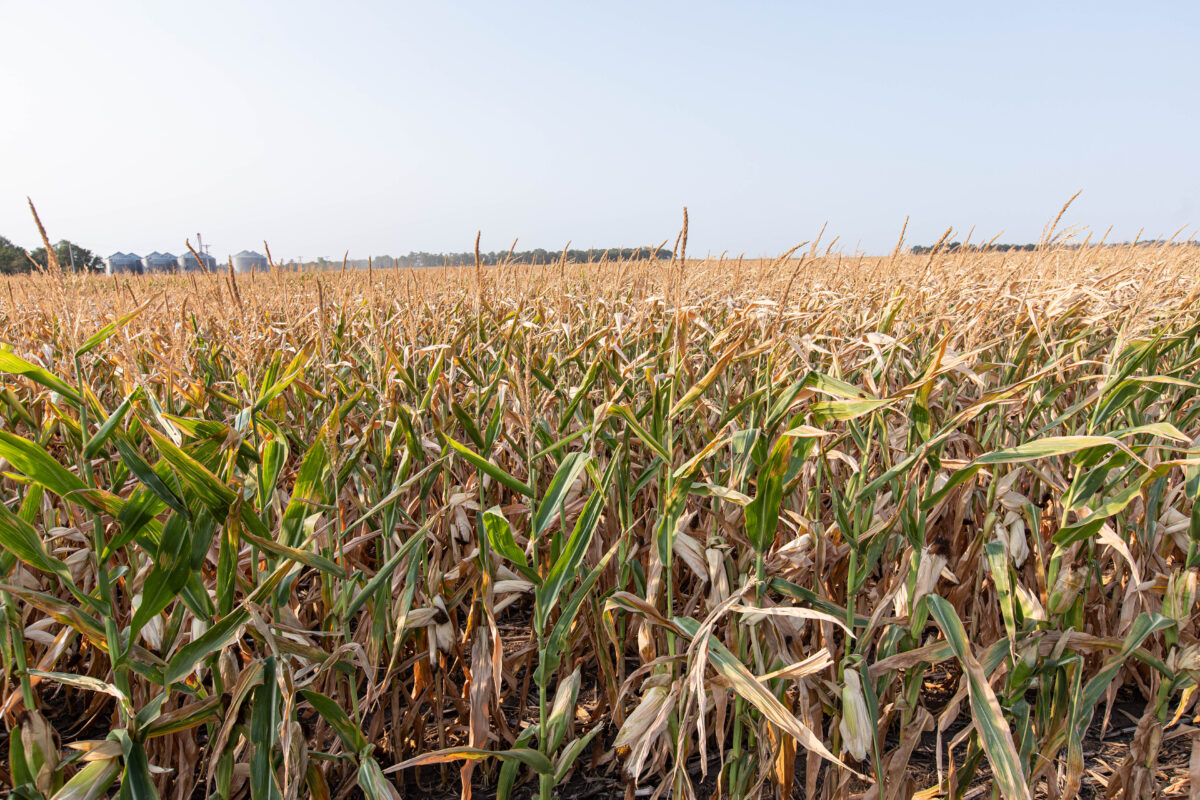Field to Market Highlights Sustainability Trends in U.S. Commodity Crop Production
Guest Author
Special Contributor to FB.org

photo credit: AFBF Photo, Philip Gerlach
Guest Author
Special Contributor to FB.org
By Rod Snyder
At the core of sustainability trends and continuous improvement in agriculture are millions of individual decisions made by farmers and land managers each day. Field to Market: The Alliance for Sustainable Agriculture recently released the third edition of its Environmental and Socioeconomic Indicators for Measuring Outcomes of On-Farm Agricultural Production in the United States (2016 National Indicators Report).
The report analyzes sustainability trends over the past 36 years in eight environmental and five socioeconomic indicators at a national level for ten crops:
Overall, the report reveals promising results for the sustainability of commodity agriculture, with all crops demonstrating improved environmental outcomes in nearly every key indicator. These findings indicate significant progress toward more sustainable food, feed, fiber, and fuel production as a result of a variety of factors including voluntary conservation efforts by farmers, public sector investments, and technological innovation across the agriculture industry.
The 2016 National Indicators Report also provides an opportunity to focus the efforts of the food and agricultural value chain to drive improvements where they are needed most. The report’s findings demonstrate there is still more work to be done to ensure continued improvements in sustainability performance for the next decade. For several crops, long-term improvements have plateaued within the past five to ten years, presenting both a challenge and an opportunity for the food and agriculture industry. This underscores the critical need to provide practical tools and science-based metrics to help farmers and the supply chain address environmental concerns.
One of the greatest challenges of our generation is feeding a growing world population with finite natural resources. The entire food and agriculture value chain must work together to identify important technology improvements that can address sustainability outcomes, while also promoting research on effective conservation practices and the necessary infrastructure, training, and knowledge transfer to increase their adoption on farms across the country.
Field to Market will continue to offer our Fieldprint Calculator and related tools as part of our Supply Chain Sustainability Program to provide a way for farmers and the supply chain to characterize their environmental impact and identify opportunities for improvement. By catalyzing continuous improvements at the field level, Field to Market’s members are working together to drive significant and broad-scale progress nationally toward creating a more sustainable food system.
Rod Snyder
President, Field to Market: The Alliance of Sustainable Agriculture